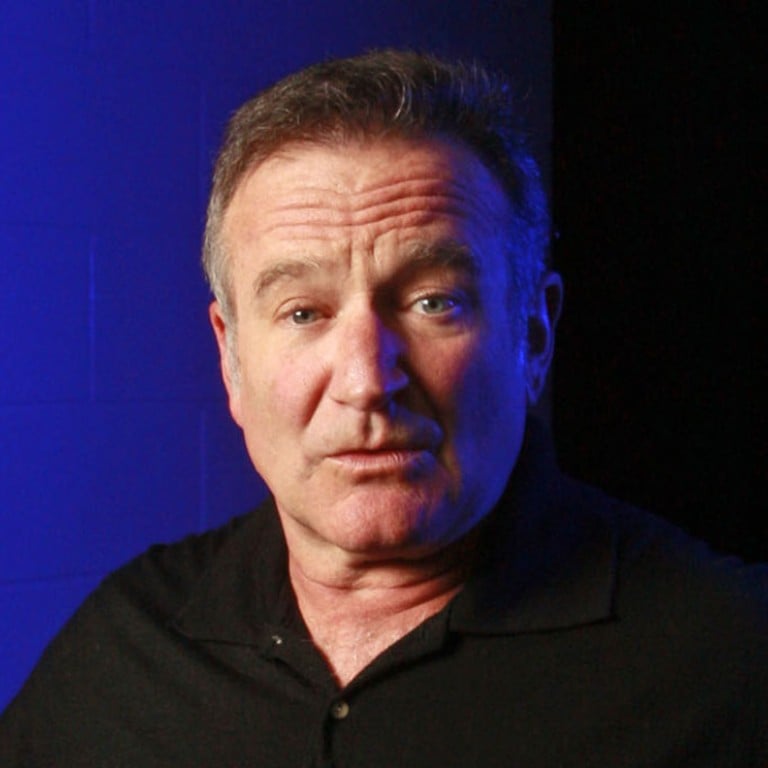
Death of Robin Williams highlights need for greater awareness of depression
Robin Williams was as beloved in Hong Kong as Hollywood, his comedic and acting genius transcending nationality and culture. His suicide at his California home at the age of 63 has shocked and perplexed fans and friends.
Robin Williams was as beloved in Hong Kong as Hollywood, his comedic and acting genius transcending nationality and culture. His suicide at his California home at the age of 63 has shocked and perplexed fans and friends. How could someone so successful do such a thing? The answer likely lies in his struggles with addictions and illnesses, depression particularly prominent among them.
Williams' widow, Susan Schneider, revealed that while the performer was clean of drugs and alcohol at the time of his death, he had been battling depression, anxiety and the early stages of Parkinson's disease. He often joked in his comedy routines about depression, an illness that is little appreciated or understood. In the worst cases, it can lead people to take their own lives, as happened with Hong Kong singer and actor Leslie Cheung Kwok-wing in 2003. Each sufferer is affected differently, but typical symptoms are feeling physical and psychological weakness and emotionally drained. It is difficult to diagnose and often goes untreated; what friends, family and work colleagues put down to sadness is often depression.
Depression is an illness like diabetes or cancer that has to be managed and treated. Mental health is not as accepted, though, and those afflicted can be shunned, even by those who are closest. There are believed to be 300,000 sufferers in Hong Kong, but the number could be considerably higher given the stigma. The World Health Organisation estimates that there are 100 million worldwide and less than 25 per cent ever seek treatment. Anti-depressants are readily available, but there can be no diagnosis or medication without acceptance, understanding and a doctor who is knowledgeable.
Fame, fortune and popularity have nothing to do with depression; Williams proves that amply. He gave us memorable movies and performances and was a generous donor of his time and finances to charitable causes. But with his passing can also hopefully come a more open discussion of the illness that too often afflicted his emotional well-being.

